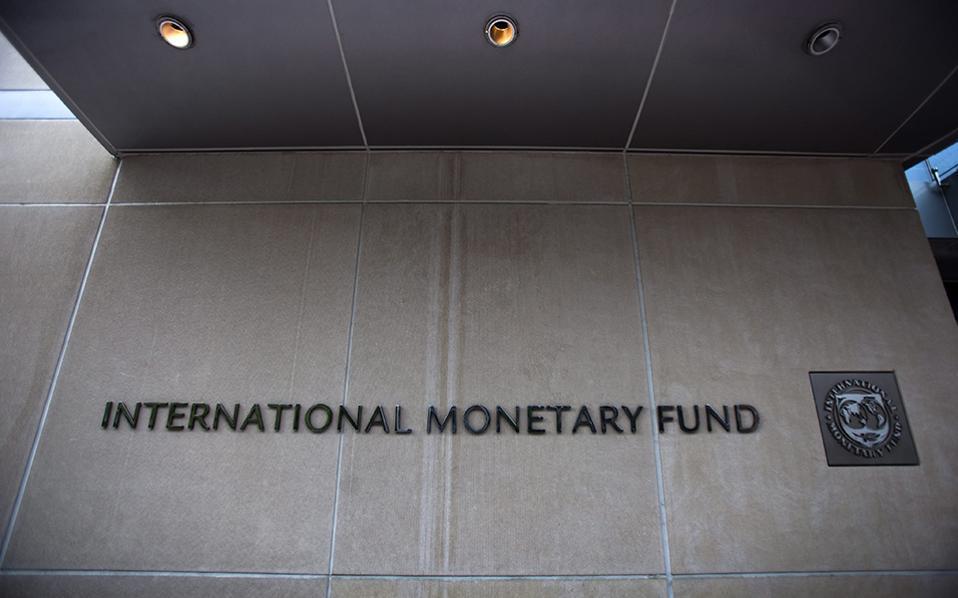Greece sees IMF exit from bailout as way out of impasse, official says

Greece would welcome an International Monetary Fund exit from its bailout program, saying it might help the country conclude a crucial review of its progress without adopting more austerity, a government official said on Friday.
Talks on labor reforms and fiscal issues between the Greek government and its official creditors – the European Stability Mechanism, the European Commission, the European Central Bank and the IMF – have dragged on for months, rekindling fears of a new crisis in the debt-laden country.
Despite EU assurances, the IMF says Athens can only attain a primary surplus of 1.5 percent of gross domestic product beyond 2018, not the of 3.5 percent agreed in its bailout, unless it adopts more austerity. It wants the austerity measures enacted upfront.
While the IMF has been pushing the EU to grant the country significant debt relief, it has also been pushing Athens to implement unpopular labour reforms. Adopting those would be hard for Prime Minister Alexis Tsipras, whose government has been lagging the conservative opposition in opinion polls.
“The possibility of continuing the program without the IMF, or with its presence but without funds and therefore no central role, is a development which could lead to a way out of the structural impasse among the institutions,” the official said.
Tsipras wants to speed up the conclusion of the review to qualify for participation in the ECB's bond-buying program and return to bond markets this year. But delays and disagreements have clouded his hopes.
The IMF, which joined Greece's first international bailout in 2010 when the debt crisis broke, has yet to decide whether it will fund its third bailout program.
In an effort to break the impasse and secure support before a key meeting of eurozone finance ministers on January 26, Greek Finance Minister Euclid Tsakalotos met EU officials in Brussels and his French counterpart in Paris this week.
“The view that Europe has an institutional support framework by itself is not new. It keeps gaining ground among European institutions and it is welcomed by the Greek side as long as the initiatives and decisions are taken fast,” the official said.
[Reuters]





